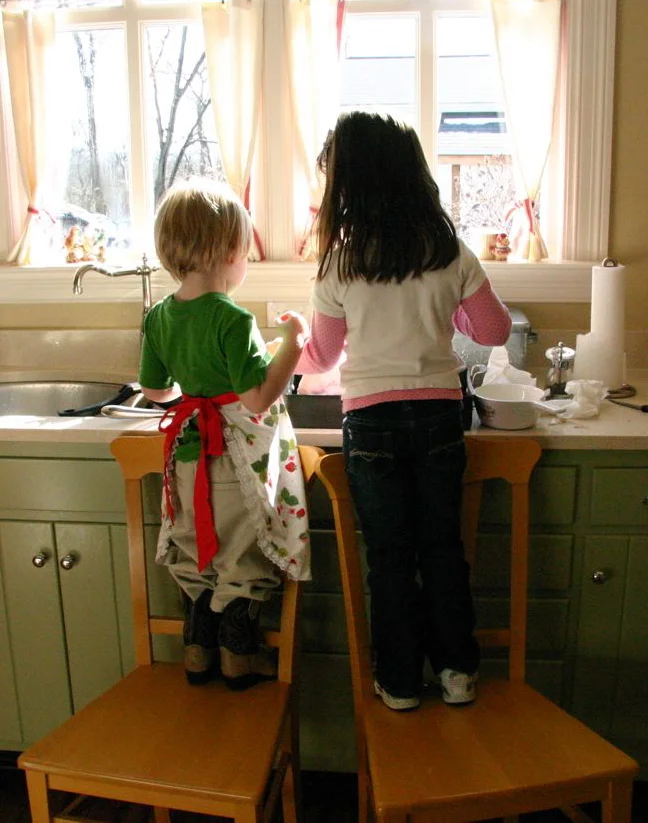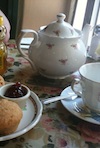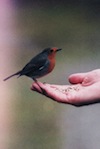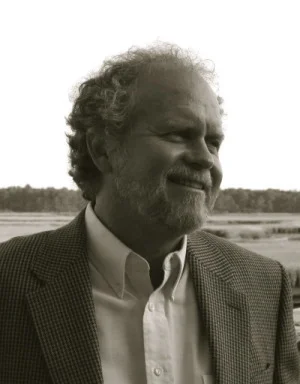 Early on a Thursday morning two weeks ago, I gathered my bags and hit the road for Laity Lodge's annual artist retreat, including Art House America founders and friends. Eight hours and a triple-shot latte later, I turned off Highway 83 and eased the car down a gravel road. Hand-carved signs punctuated the progression of slopes and curves leading down into the canyon, asking me to slow down. At the bottom of the canyon, the road disappeared into a river. I stopped to double-check the driving directions. “Turn left into the river . . . ”
Early on a Thursday morning two weeks ago, I gathered my bags and hit the road for Laity Lodge's annual artist retreat, including Art House America founders and friends. Eight hours and a triple-shot latte later, I turned off Highway 83 and eased the car down a gravel road. Hand-carved signs punctuated the progression of slopes and curves leading down into the canyon, asking me to slow down. At the bottom of the canyon, the road disappeared into a river. I stopped to double-check the driving directions. “Turn left into the river . . . ” Early on a Thursday morning two weeks ago, I gathered my bags and hit the road for Laity Lodge's annual artist retreat, including Art House America founders and friends. Eight hours and a triple-shot latte later, I turned off Highway 83 and eased the car down a gravel road. Hand-carved signs punctuated the progression of slopes and curves leading down into the canyon, asking me to slow down. At the bottom of the canyon, the road disappeared into a river. I stopped to double-check the driving directions. “Turn left into the river . . . ”
Early on a Thursday morning two weeks ago, I gathered my bags and hit the road for Laity Lodge's annual artist retreat, including Art House America founders and friends. Eight hours and a triple-shot latte later, I turned off Highway 83 and eased the car down a gravel road. Hand-carved signs punctuated the progression of slopes and curves leading down into the canyon, asking me to slow down. At the bottom of the canyon, the road disappeared into a river. I stopped to double-check the driving directions. “Turn left into the river . . . ”
































